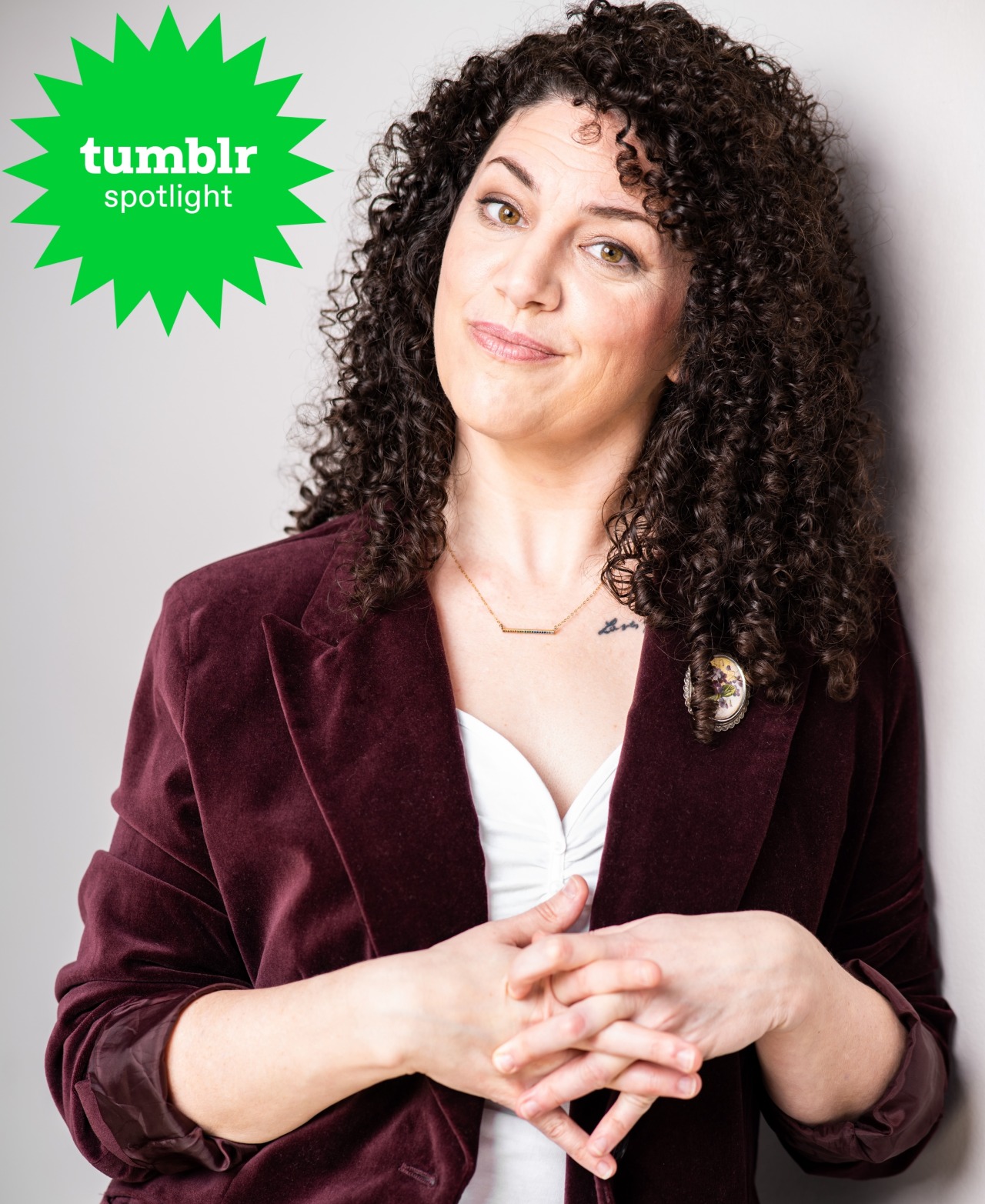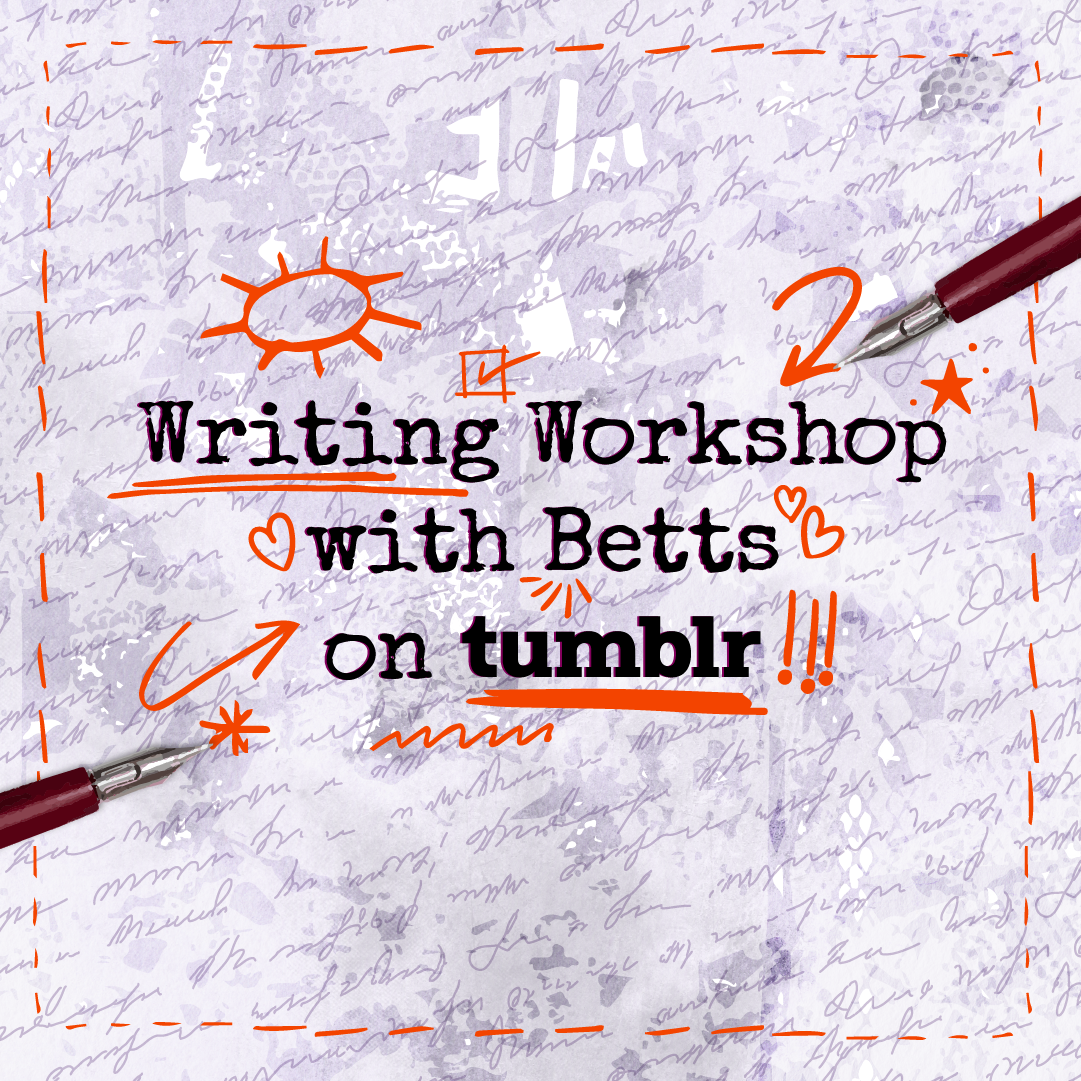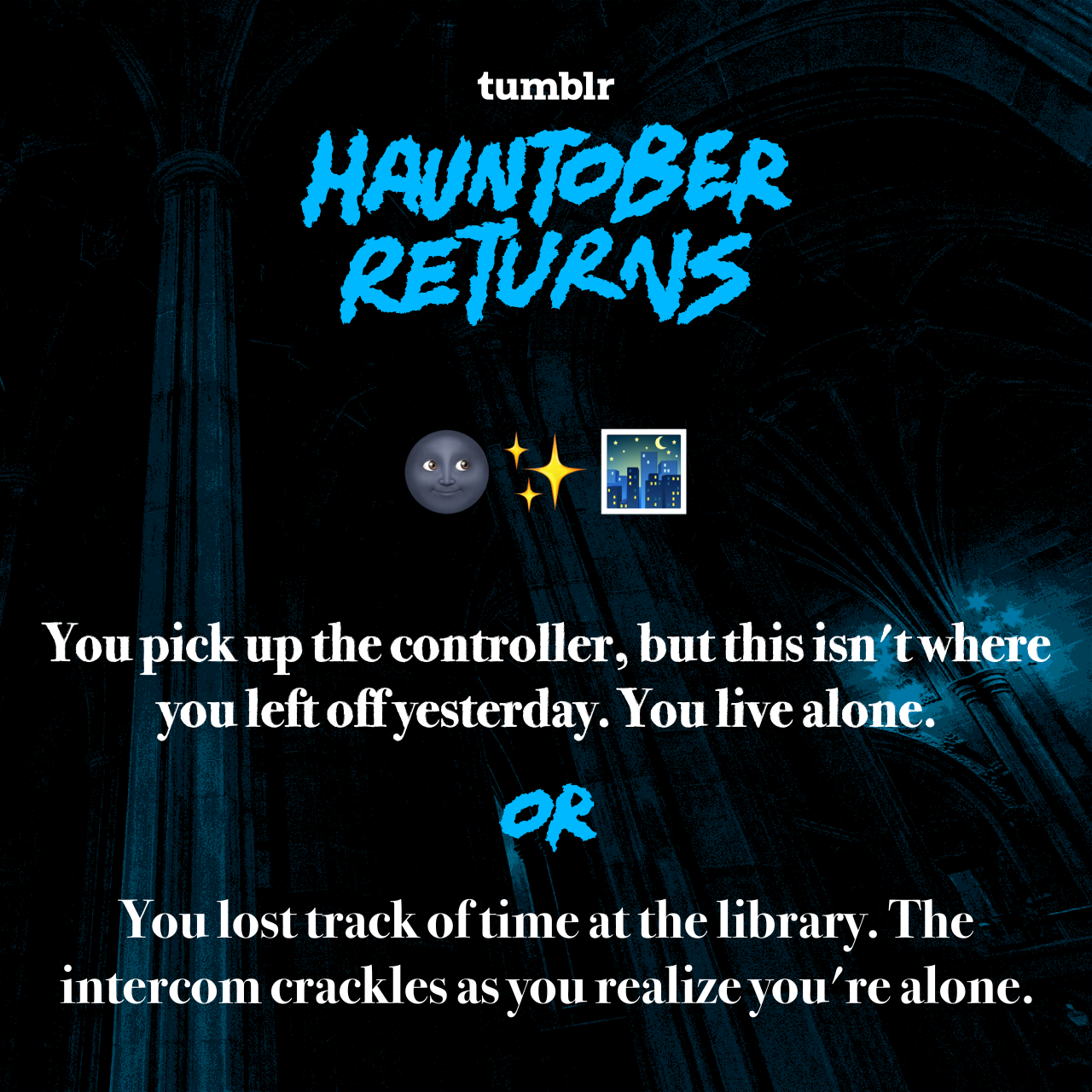Writer Spotlight: Rose Sutherland
Rose Sutherland @rosesutherlandwrites is a Toronto-based writer who grew up a voracious reader with an overactive imagination in Nova Scotia (where she once fell off a roof trying to re-enact Anne of Green Gables!). She’s been to theatre school in NYC, apprenticed at a pâtisserie in rural France, and currently moonlights as an usher and bartender—in between writing queer folktales, practicing yoga, dancing, singing, searching out amazing coffee and croissants, and making niche jokes about Victor Hugo on the internet. She’s mildly obsessed with the idea of one day owning a large dog, several chickens, and maybe a goat. A Sweet Sting of Salt is her debut novel.
Keep reading for more about character arcs in A Sweet Sting of Salt, Rose’s favorite fanfic tropes, and some excellent reading recs 👀
Can you tell us about A Sweet Sting of Salt and how you came to write it?
A Sweet Sting of Salt is a queer (f/f) historical reimagining of the classic folktale of the selkie wife, set in 1830’s Nova Scotia. I call it a “reimagining” because while it draws on the folktale, it’s not a retelling of that tale so much as a story playing out in relation to that mythology. I’d wanted to write something centering a love story between two women for a while, but the initial spark came from a Tumblr post! It suggested the idea of selkies testifying before the UN as victims of human trafficking, which reminded me of all the things I disliked about the original folktale and its inherent darkness that is generally glossed over, starting me down the rabbit hole toward finding my own story.
How did you approach research for A Sweet Sting of Salt, and what is a favorite historical fact you learned?
I joke that I did a lot of research by osmosis: I already had a lot of base knowledge about the location, having grown up in Nova Scotia, and then set the story in a period that I’ve been absorbing information about in a low-key way for ages—1832 is also the year of the student rebellion in Les Mis, so I’ve been gleaning tidbits about this era since I first got into the musical and book back in high school. However, I had to do more specific research into things like British divorce law, period midwifery, and animal husbandry. I also visited some small, hyper-local museums on the South Shore that gave me an invaluable glimpse into daily life. I also did some fun practical research into things like “How long does it take to walk from x to y?” and “How cold IS a plunge into this body of water in March?” (Spoiler: Very.)
A fact that fascinated me but didn’t make it into the book was that some early European settlers in the area were granted lands by luck of the draw, pulling from a deck of playing cards: Each card was assigned to a specific 50-acre lot, and whatever you pulled, you were stuck with it.
When we meet them, Jean and Muirin are isolated for different reasons. What do you hope readers still searching for their people take away from A Sweet Sting of Salt?
That there’s always hope. It’s valuable and important to keep reaching out to the world around you, to be open, and not cut yourself off—the biggest reason for Jean’s loneliness at the beginning of this story is the way she has come to keep everyone around her at arm’s length, shutting herself away out of fear, and refusing to let anyone truly get to know her because she thinks that’s the best way to protect herself from being hurt again. Reaching out to others can take a real act of courage, especially if you’ve had bad experiences in the past, but “your people” will reach back to you.
Found family elements play a strong role throughout the novel, within supernatural and mundane settings and across species. Was this something you intended from the beginning, or did this grow out of writing the relationship between Jean and Muirin?
I always intended for Jean to have a found family of this type, which is something that a lot of queer people identify with, but those bonds also got stronger and more meaningful as I wrote, especially once Jean and Muirin began growing into their own family unit—their new relationship and the real danger that comes along with it put pressures on Jean’s other relationships that I hadn’t originally considered. Disagreements with Anneke and Laurie over Jean’s choices arise from their deep concern and love for her, and her own love and care for them, reflected in her responses, is a big part of what made them feel like a real family, for me. Jean and Laurie always having each other’s backs while also being the first to call one another out on their bullshit ended up being one of my favourite dynamics in the whole book.
The selkie myth carries an inherent element of transformation. What is a character transformation you most enjoyed writing, and why?
On a character level, the change in Jean’s worldview following a conversation with her childhood sweetheart meant a lot to me—it heals an old wound for her. I love how grounded and self-assured she is afterward, in spite of the daunting task still ahead of her. But my favourite transformation to write was the antagonist’s mask-off moment, where they directly threaten Jean for the first time. It’s so sly and coded so that only she will understand the menace behind it, a real dun-duh-dunnn moment, which was a lot of fun for me—I also enjoy the foreshadowing elements in that exchange.
This is your debut novel. Did anything surprise you about getting it from manuscript to published book?
Oh my gosh, how LONG it took! After I finished the original draft and decided it was worth attempting to publish, I spent over a year revising based on my own thoughts, input from beta readers, critique partners, and my mentor, Maureen Marshall (whom I connected with through the now defunct Author Mentor Match program, and whose book, The Paris Affair—about a young gay engineer attempting to help Gustave Eiffel secure the funding to build a certain celebrated Parisian landmark— is coming out in May). After that came a full year of querying agents and getting rejected. A lot. People loved Salty but weren’t quite sure what to do with her or where the book would fit in “the market,” which was hard to deal with at the time but is hilarious in retrospect: Salty was snapped up less than a month after she finally went out on submission! But that was back in 2022, and the book is only coming out now. Publishing can be painfully slow.
You’ve written fanfic in the past—do you have a favorite fanfic trope?
I’m not sure either of these counts as a trope, but I adore a character that’s “pure of heart, dumb of ass”, and love a truly unhinged Fanon Explanation For Canon Object. As a longtime Les Mis stan, I ship Tholomyes/Getting Punched. If you know, you know.
Do you have any favorite queer retellings of folktales you can recommend?
Right here on Tumblr, I’m a huge fan of @laurasimonsdaughter, who writes delightful riffs on classic folktales, truly inventive urban fantasy spins on old lore, and her own original folktales.
I’m currently reading Spear, an amazing queer, gender-bent, Arthurian novella by Nicola Griffiths. Anna Burke’s books Thorn and Nottingham are up next on my TBR. Lately, I’ve been reading a lot of brilliant queer historicals that aren’t retellings (I recently loved Suzette Meyr’s The Sleeping Car Porter and Heather O’Neil’s When We Lost Our Heads) and wonderful historical retellings that aren’t queer (I highly recommend Molly Greeley’s beautiful, heartbreaking Marvelous, about the real-life couple that inspired Beauty and the Beast). Queer, historical retellings aimed at adults seem to be considered quite niche, still, and can take some digging to find! So, throwing this out to Tumblr: Do you have recommendations for me?
Do you have a writing routine? Is there a place/state of being/playlist you find most conducive to your writing practice?
My routine is chaotic at best, but I find I do my best work earlier in the day, so I usually scribble in my journal while I have breakfast, and then progress to working on my current project as I drink my second cup of coffee. I’m lucky—my day job is an evening gig, which mostly allows me to write on my preferred schedule… but I’ve also been known to have a bolt of inspiration strike at 10pm and dash home to write until well past midnight on occasion. Nothing quite like the hyperfocus zone!
What’s next for you? Are you working on anything you can tell us about?
No official news yet, but I’m currently working on a story set in 18th-century provincial France based on a true unsolved mystery of the past. It has me delving into a very specific branch of French folklore, and I hope future readers will pick up on common threads with one popular fairytale in particular. I’m really excited about where this one is headed, but keeping the details close to my chest for now!
Thank you Rose for taking the time to answer our questions! If you love queer fantasy and old folktales, grab yourself a copy of A Sweet Sting of Salt, and be sure to share your queer folktale reading recs with Rose on @rosesutherlandwrites!









